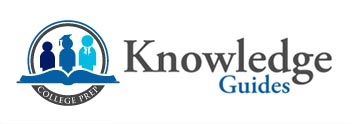Fall SAT, PSAT, and ACT Classes
- Premium SAT/PSAT Class: Sundays, 1 pm – 3:30 pm, Aug 11 – Sept 29, To prep for SAT or PSAT in Oct.
- Premium SAT/PSAT Class: Tues/Thurs, 4 pm to 6:00 pm, Aug 27 – Oct 3,. To prep for SAT or PSAT in Oct.
- Premium SAT Class: Sundays, 1 pm – 3:30 pm, Oct. 6 – Dec 1, To prep for SAT December.
- Premium SAT/PSAT Class: Tues/Thurs, 4 pm to 6:00 pm, Oct 29 – Dec 5, no class on 11/28. To prep for SAT in Dec.
- Premium ACT Class: Mon/Wed, 4 pm to 6 pm, August 12 – September 11, no class on 9/2, Prep for September 14th ACT
- Premium SAT Class: Sundays, 1 pm – 3:30 pm, January 5 – March 2, To prep for SAT in March.
- Premium SAT Class: Tues/Thurs, 4 pm to 6:00 pm, January 28 – March 6,. To prep for SAT or PSAT in Oct.
